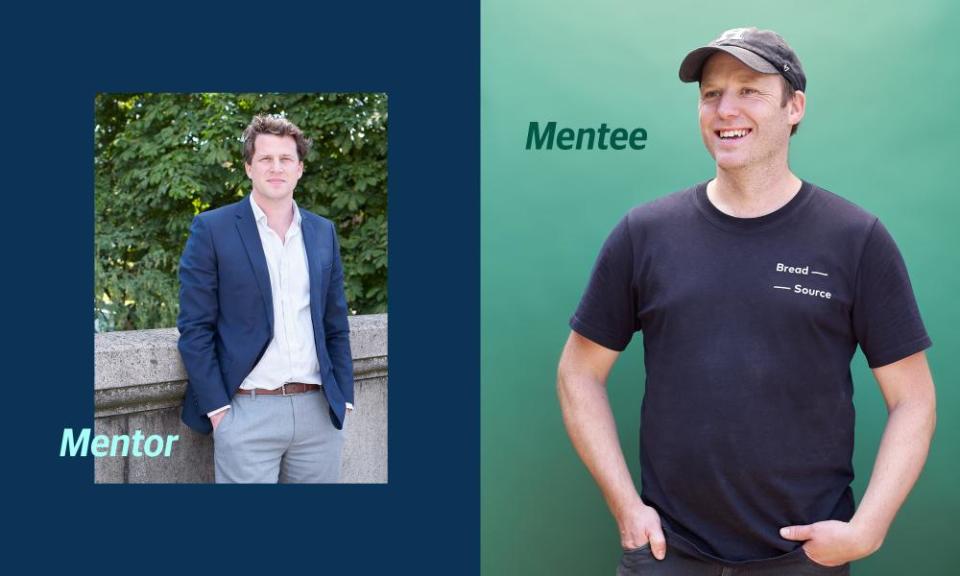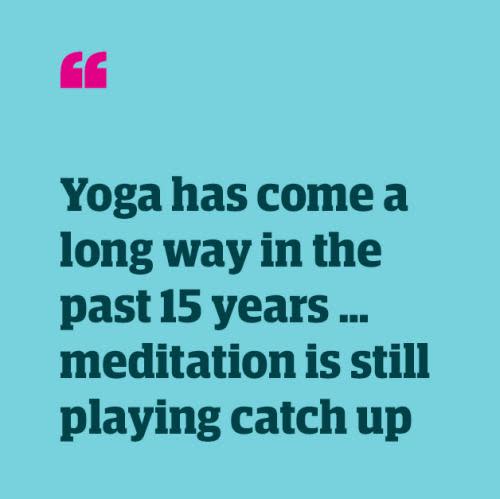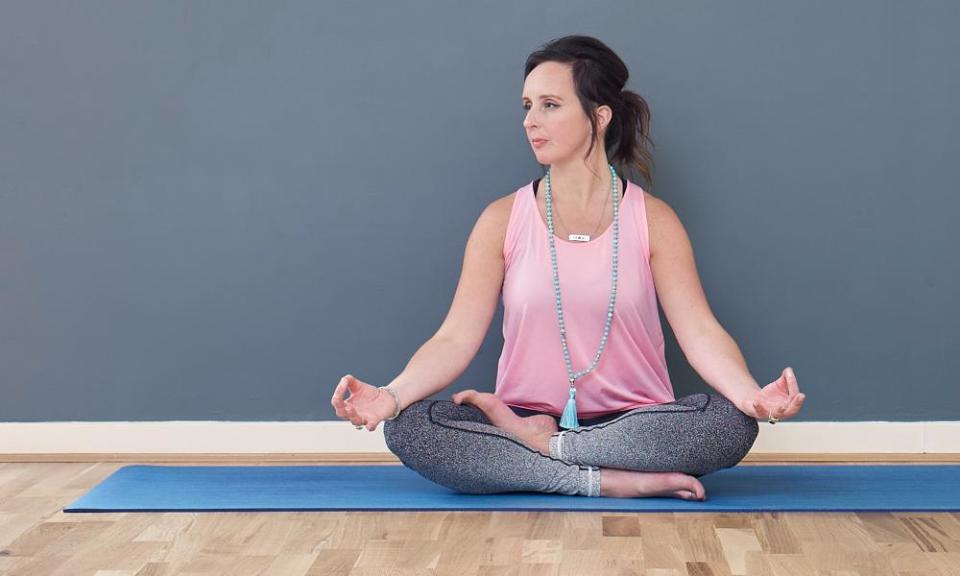The teacher, the baker and the snack-box maker: meet the small firms going online for the first time

Despite never selling online in the 10 years since he cofounded his artisan bakery Bread Source, Steven Winter was left with little choice when the coronavirus lockdown was announced in March. As restaurants closed, the wholesale arm of the business disappeared, and he had no idea what was going to happen to his four shops or his market stalls across Norwich and Aylsham. “At that point there was no furlough scheme. All I was trying to do was pay my 30 staff,” Winter says.
The response to the new website, which launched at the start of April, blew him away. “In the first week or two, we were up to 200 orders a day,” he says. “We sold 10,000 loaves, 25,000 pastries and 10 tonnes of flour online over two months.” The team expanded their range to include other staples such as eggs, milk, butter and coffee, which were dropped off to customers across Norfolk using the bakery’s two delivery vans.

Anthony Fletcher, chief executive of Graze, has been paired with Steven Winter.
Winter was also mindful of making good food available to his hospitality colleagues, many of whom had lost their jobs. He introduced a National Loaf scheme, inspired by a product conceived by the Federation of Bakers in 1942 to keep the country fed during the second world war. Today, Winter is selling the nutritious loaf for £1 and he is now hoping to expand the initiative nationwide.
The Bread Source is not alone in exploring online channels for the first time. Research by the Federation of Small Businesses has found that 16% of SMEs developed a new website or increased their online presence because of lockdown. A GoDaddy survey also found that one in five microbusinesses (those with fewer than nine employees) have set up online for the first time in the past three months, and almost all (82%) say they will maintain their digital presence in the future.

Sakshi Anand, senior director for GoDaddy UK, says Covid-19 has provided many small businesses with the impetus to get online, driving what’s becoming known as a second digital revolution: “One of the biggest barriers is people think it’s really complicated”, she says about launching a website. “Most microbusiness owners run finance, the technology and marketing, they’re doing everything. But once you start seeing sales coming or you see other businesses who are thriving from it, you realise it’s something you definitely need. And with GoDaddy’s drag-and-drop marketing tools, you can have a fully functioning website online in 24-48 hours.”
For Winter, it’s been transformational – the online demand covered the sales the bakery would have made if it had been business as usual. He’s keen to make the business’s digital channel a permanent feature, and will be using this opportunity to develop an email marketing campaign for the 5,000 customers on the bakery’s database, experiment with pay-per-click (PPC) advertising, and explore widening its audience beyond the local market. He’ll be supported by Rosie Mills-Smith, Bread Source’s marketing lead, GoDaddy Guides – a 6,000-strong team providing bespoke support to small business owners – and a suite of digital tools. He and Mills-Smith are mindful of the need to scale their new retail channel in a sustainable way. “I think probably the hardest thing has been going from dealing with three or four enquiries a day on social media and via email, to literally thousands more,” says Mills-Smith.
In Bath, yoga and meditation teacher Lucy Stone has been inspired to launch her new website because of the popularity of her free guided meditation videos, posted on Facebook during the pandemic. “When I started there were 10 or 15 people and then each video was getting 1,000 views. It was amazing,” she says.
Meditation Rocks is the third business for Stone, who also runs Yogadoo, providing yoga classes for children at school, and The Hive yoga studio. Although the yoga studio has been offering classes online during lockdown, it was the demand for meditation guidance that skyrocketed and made Stone realise she should launch her own separate offering. “They were massively outperforming yoga, by around 400%,” she says. “And it was mostly people trying meditation for the first time … seeking out ways to look after themselves.”
Nadia Narain is Lucy Stone’s mentor
She’ll now work with GoDaddy’s Guides to design and launch a dedicated website for Meditation Rocks. She plans to provide guided meditation for children and adults via free videos, and to offer more in-depth courses, for which she’ll charge. She’s also open to the idea of launching a blog and adding an online shop to sell merchandise.
One of the challenges she knows she’ll face in growing her brand is attracting new customers, and dealing with the image of meditation. “Yoga has come a long way in the past 15 years or so, it’s become very cool,” she says. “Meditation is still playing catch up … there’s a lot of misunderstanding about what it is and what it does.”
But she won’t be alone as she makes plans for Meditation Rocks. To help Stone and, indeed, Steven Winter at Bread Source to nail their digital futures, we’ve paired each of them with a mentor who can offer expert advice.

Stone will be supported by yoga and meditation teacher Nadia Narain. With a client list that has included Rachel Weisz, Kate Moss, Jools Oliver, and the Arsenal football team, Narain has been teaching yoga since 1996. She was one of Triyoga’s original teachers when the studio opened in London in 2000. She is also an author, has a range of DVDs, developed her own perfume and aromatherapy candles, and recently launched an online course promoting self care during lockdown, with her sister Katia.
“I always think of yoga as my love,” says Narain. “And I’m so lucky that I get to do it.” She enjoys mentoring other teachers and says monetisation is something a lot of people ask her about.
“The thing I feel I do the best with teachers is to bring out their voice. That authenticity is super important. All you can do is bring the deepest, most authentic part of yourself [to class] and let that shine through.”
The mentor paired with Winter is Anthony Fletcher, chief executive of Graze. He has led the healthy-snacks company for the past seven years, as it expanded into markets such as the US, Ireland and the Netherlands, and into UK retail outlets including Boots, WH Smith and Waitrose.
Today it has a 200,000-strong subscriber base, and a product range of 400 different snack combinations. Fletcher believes it’s the ideal time for small, local businesses to make an impact online, even if they’re working with limited budgets. “When Graze started [in 2008] it cost big bucks to do what we did. But a lot of that cost has gone away. You can now do quite sophisticated things very cheaply and without a lot of technical knowledge.

“The wonderful thing about digital is it’s intuitive,” he adds. “So go and spend £20 on marketing. If it works well, spend £40 the next day. If nothing resonates, maybe you change things around and try something a bit different ... The obvious advantage that small businesses have is agility, and the ability to set off in a new direction. But I think we’ve crossed the Rubicon with Covid-19. People want to buy local, people want to know who’s behind the business. They’ll back you if they buy into who you are and what you’re trying to do.”
Anand agrees, citing GoDaddy research that found 63% of customers say they’re more likely to shop at small local businesses during the pandemic, and 67% of those intend to continue doing so in the future. “More now than ever, people have realised the importance of supporting small businesses,” she says. “That community spirit has really shone through this crisis.”
GoDaddy launched the #OpenWeStand initiative offering a number of free tools, widgets, resources and blogposts at OpenWeStand.org to help small businesses keep their digital doors open while their physical doors are closed. Over 50 companies have joined the cause, including Slack, Salesforce, PayPal, and more

 Yahoo Finance
Yahoo Finance 